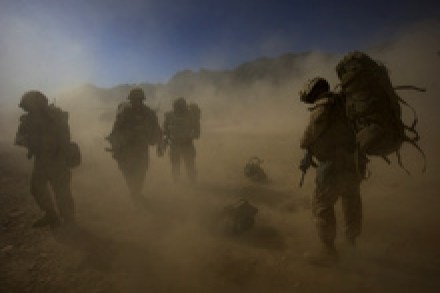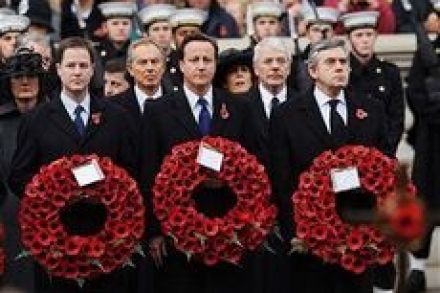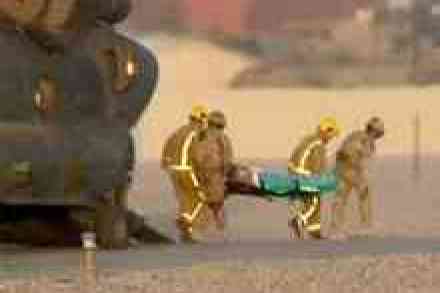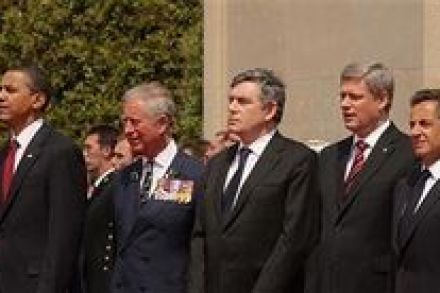The case for 40,000
As President Obama continues to consider his options on Afghanistan, The New York Times has a good primer on what the military could do with the various levels of reinforcements being considered. This is what the military believes it could do with an extra 40,000 troops: “Should President Obama decide to send 40,000 additional American troops to Afghanistan, the most ambitious plan under consideration at the White House, the military would have enormous flexibility to deploy as many as 15,000 troops to the Taliban center of gravity in the south, 5,000 to the critical eastern border with Pakistan and 10,000 as trainers for the Afghan security forces. The rest could















